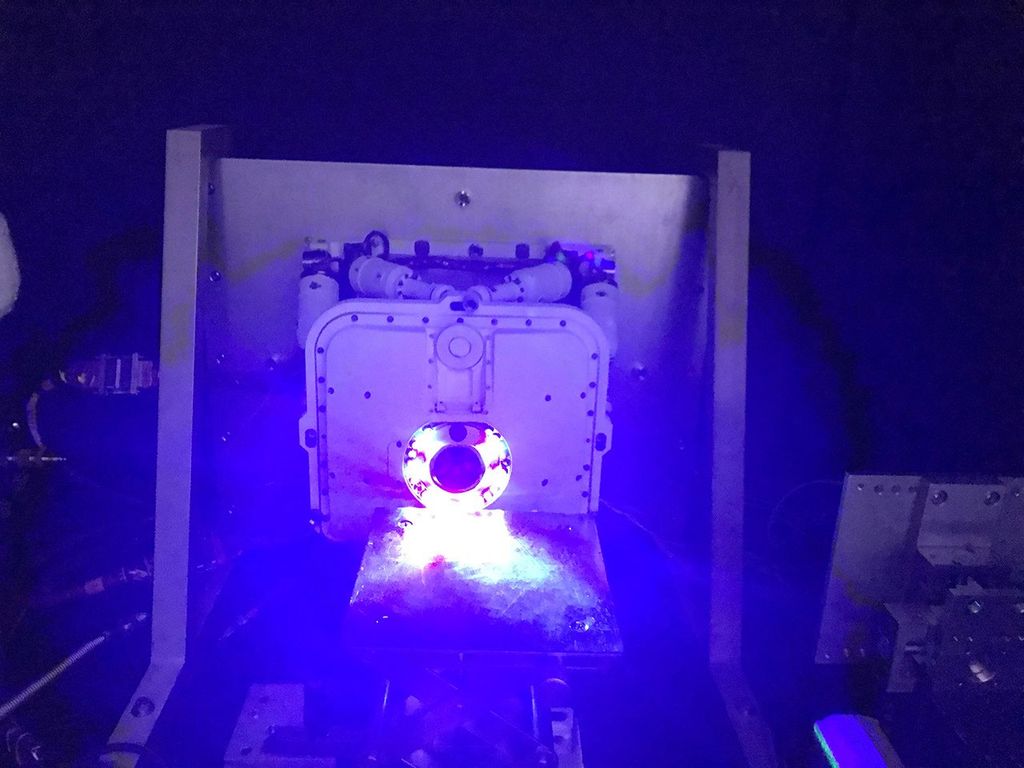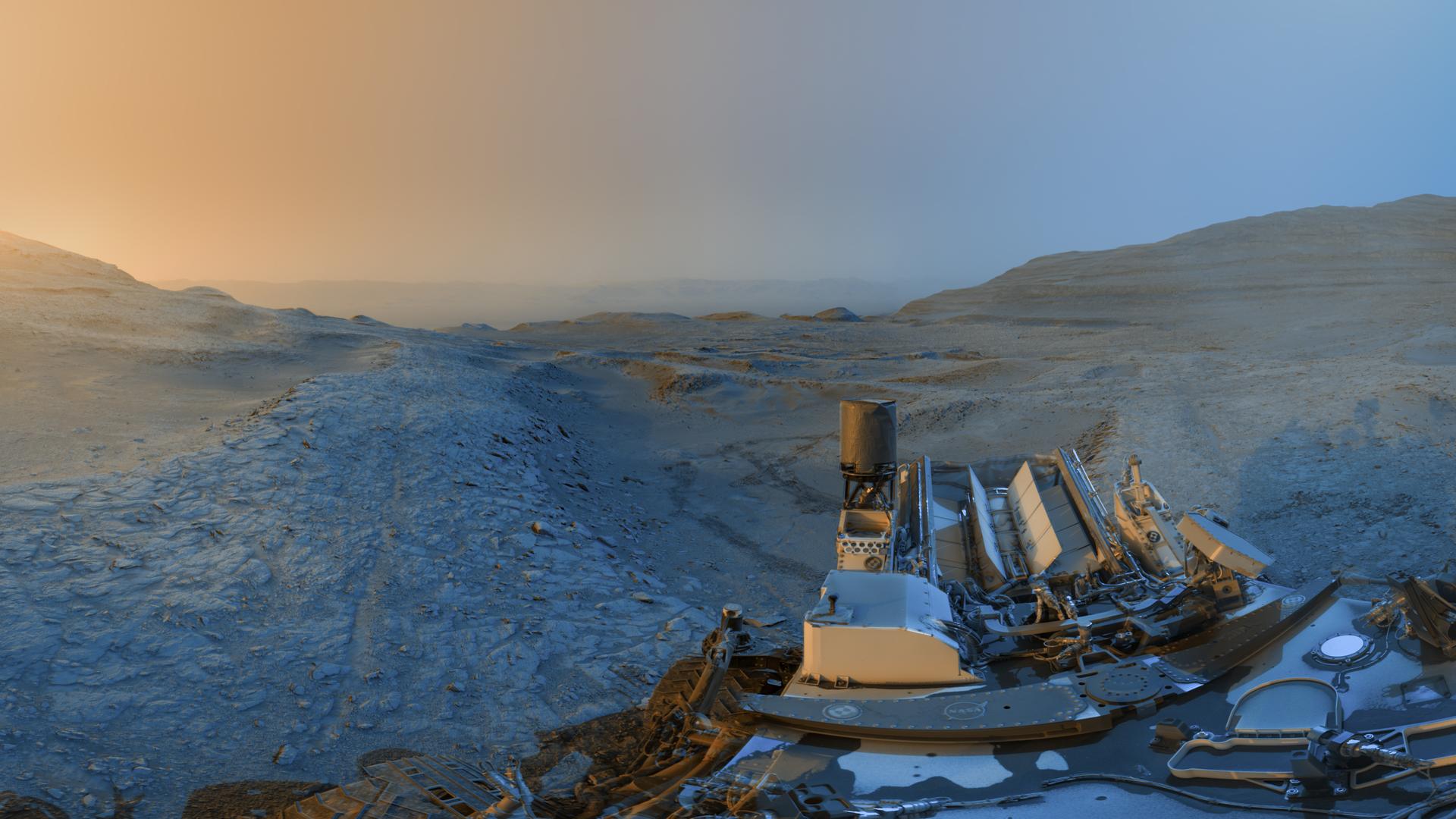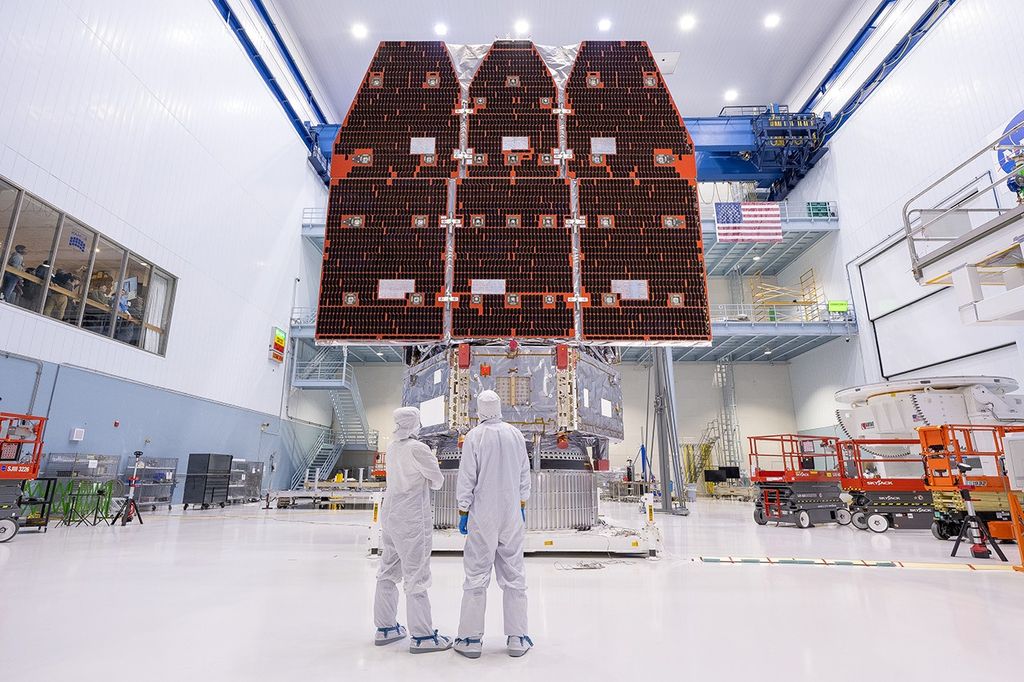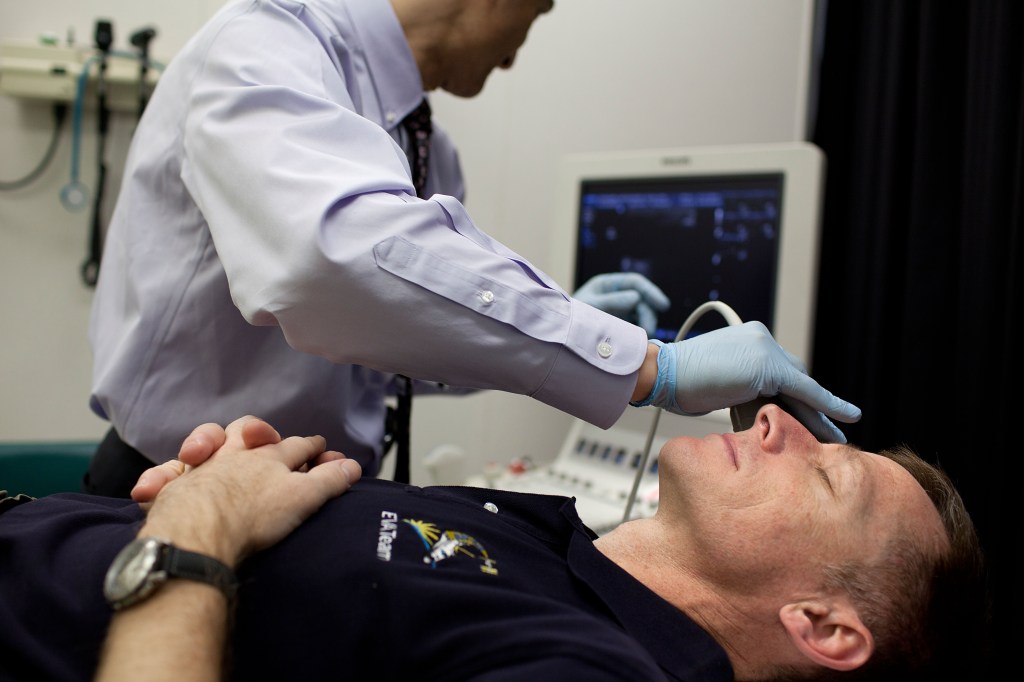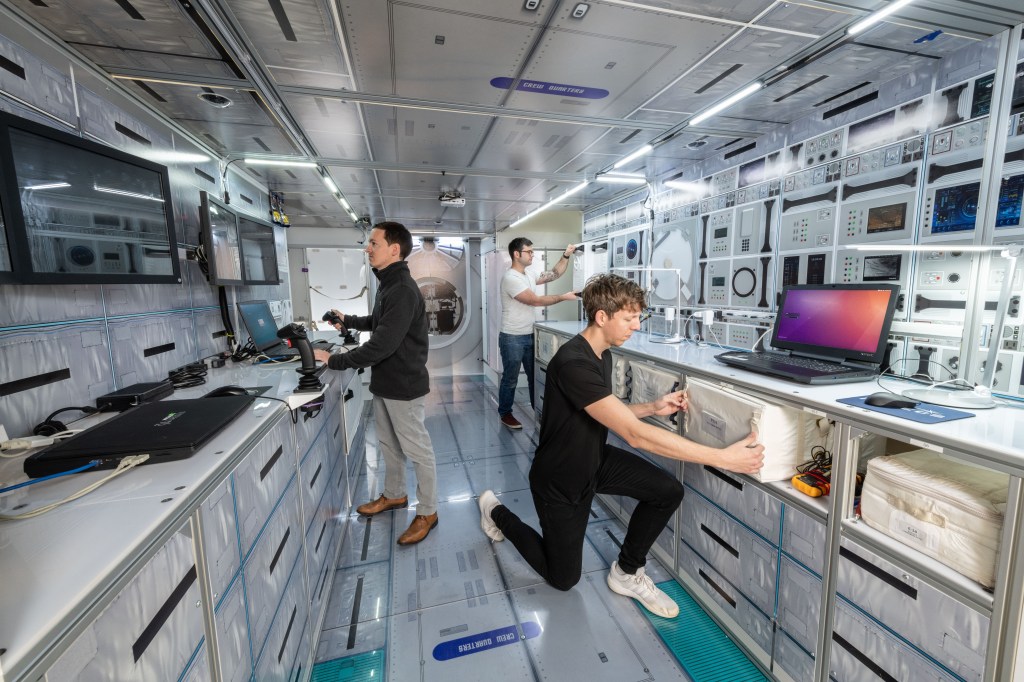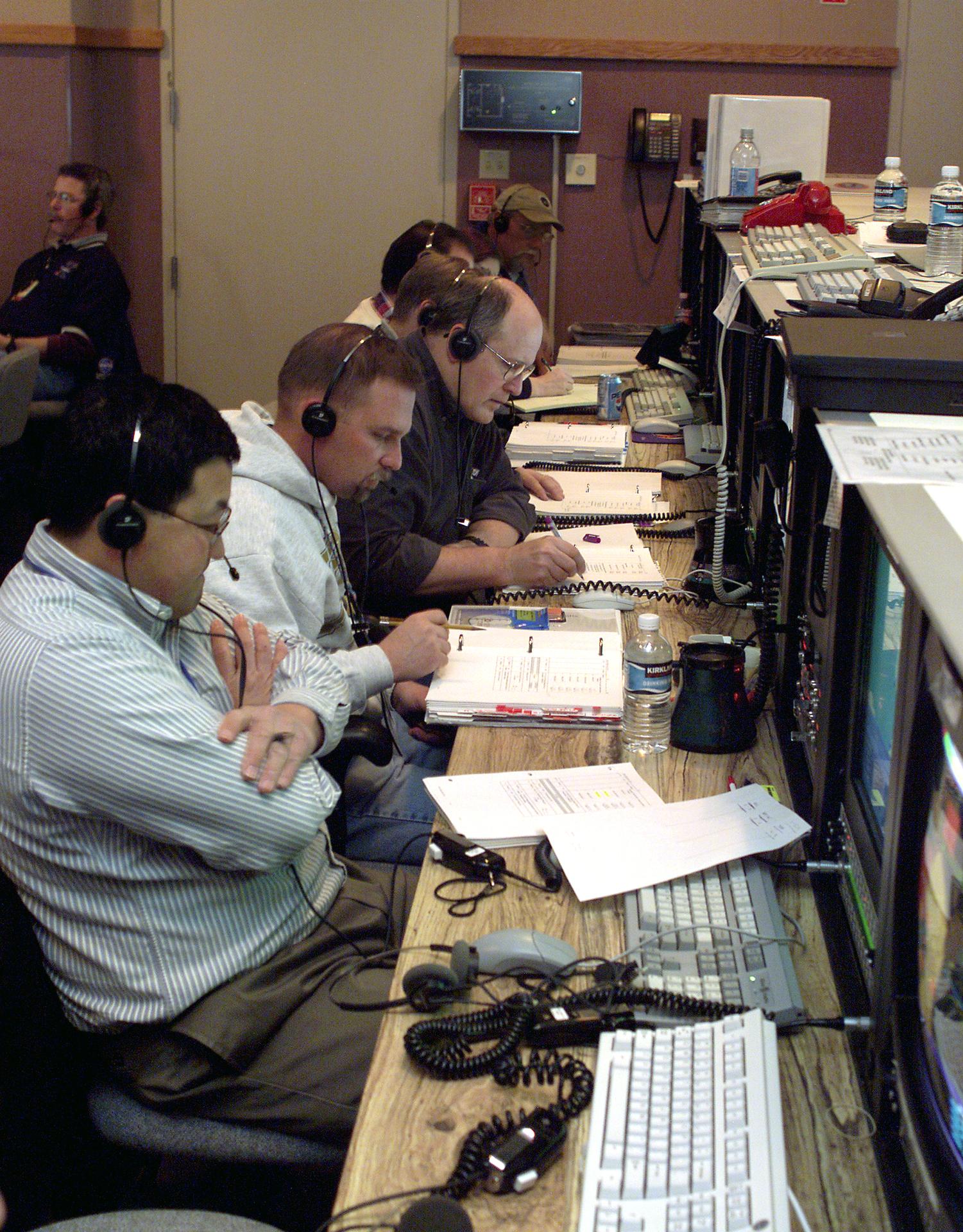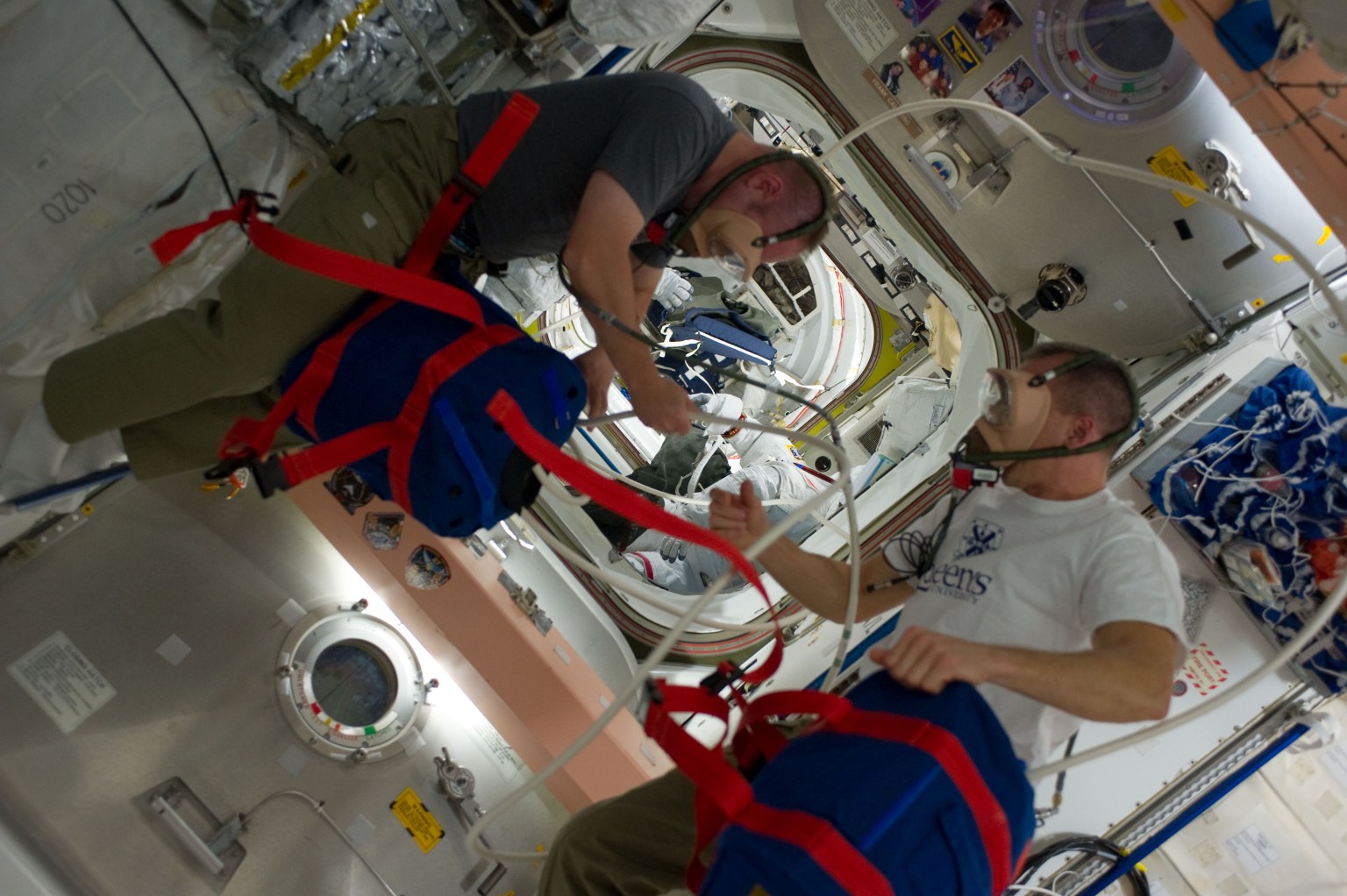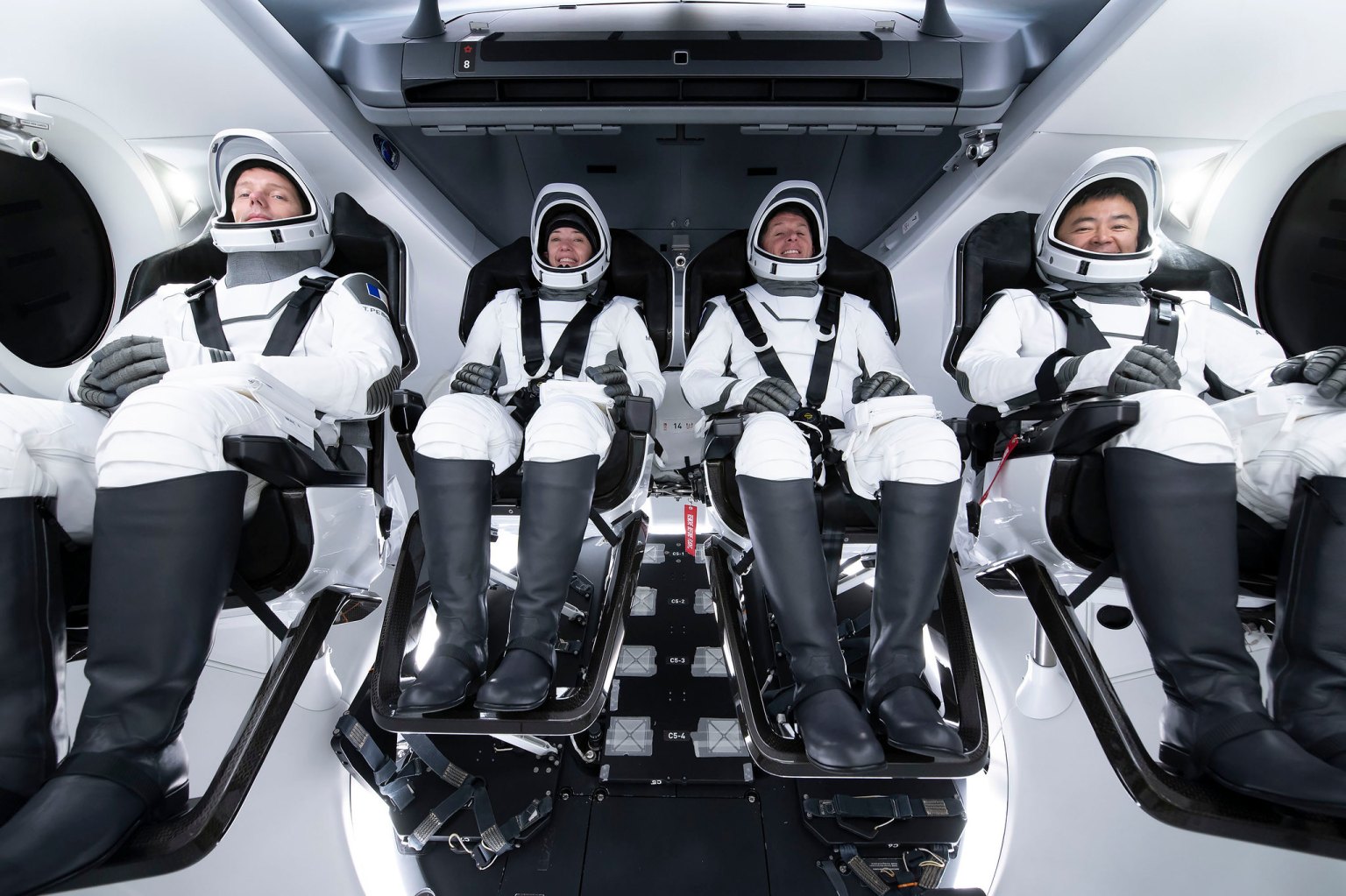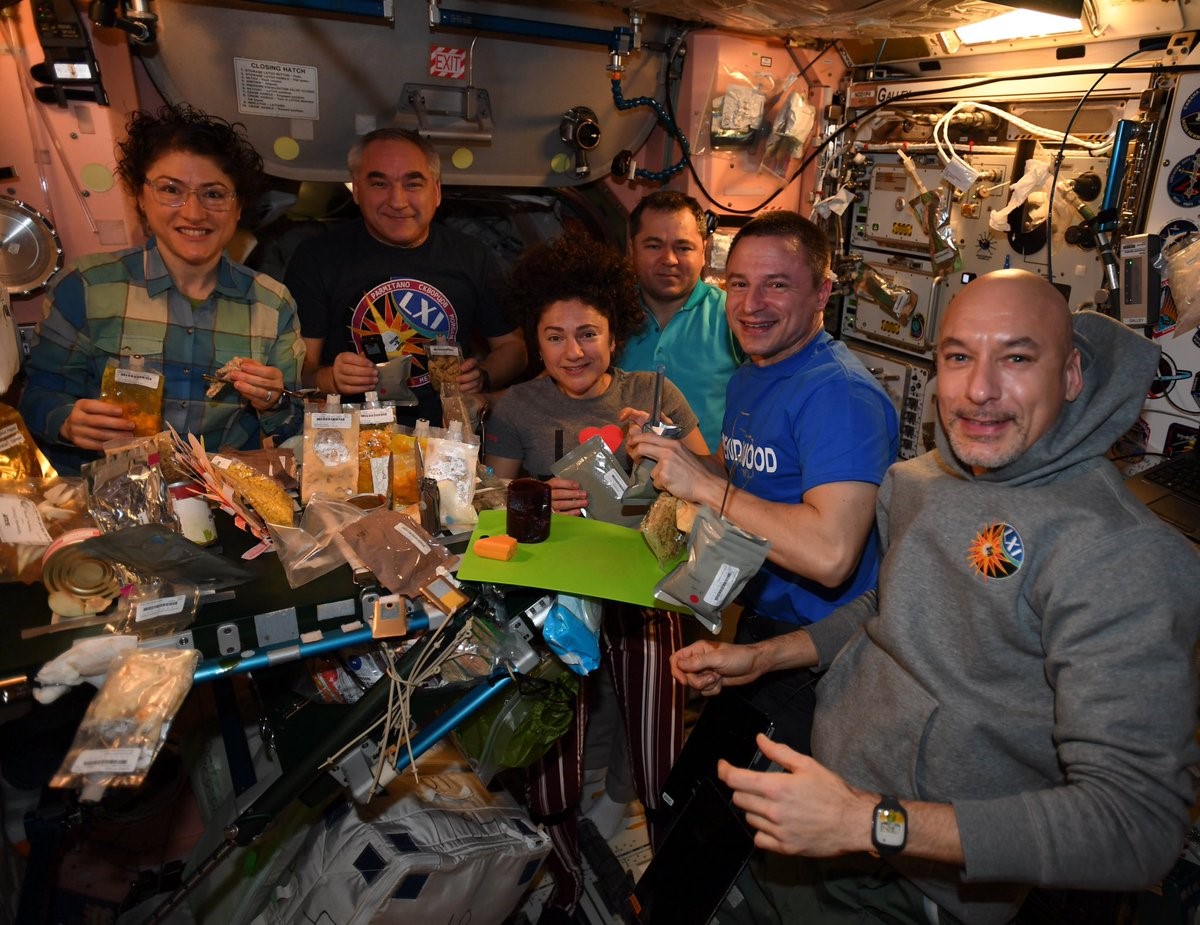Technical and Medical Brief Collections
Technical and Medical Briefs are available for standards that offer technical data, background, and application notes for vehicle developers and medical professionals. These tech briefs integrate content from multiple standards and provide a quick, informative resource to reference when working with NASA-STD-3001. Browse to view all technical briefs or explore by category to the right.
Latest Technical Brief Release
Venous Thrombosis in Spaceflight
This technical brief describes the theories of causes, symptoms, and treatments of VTE in spaceflight.
Learn More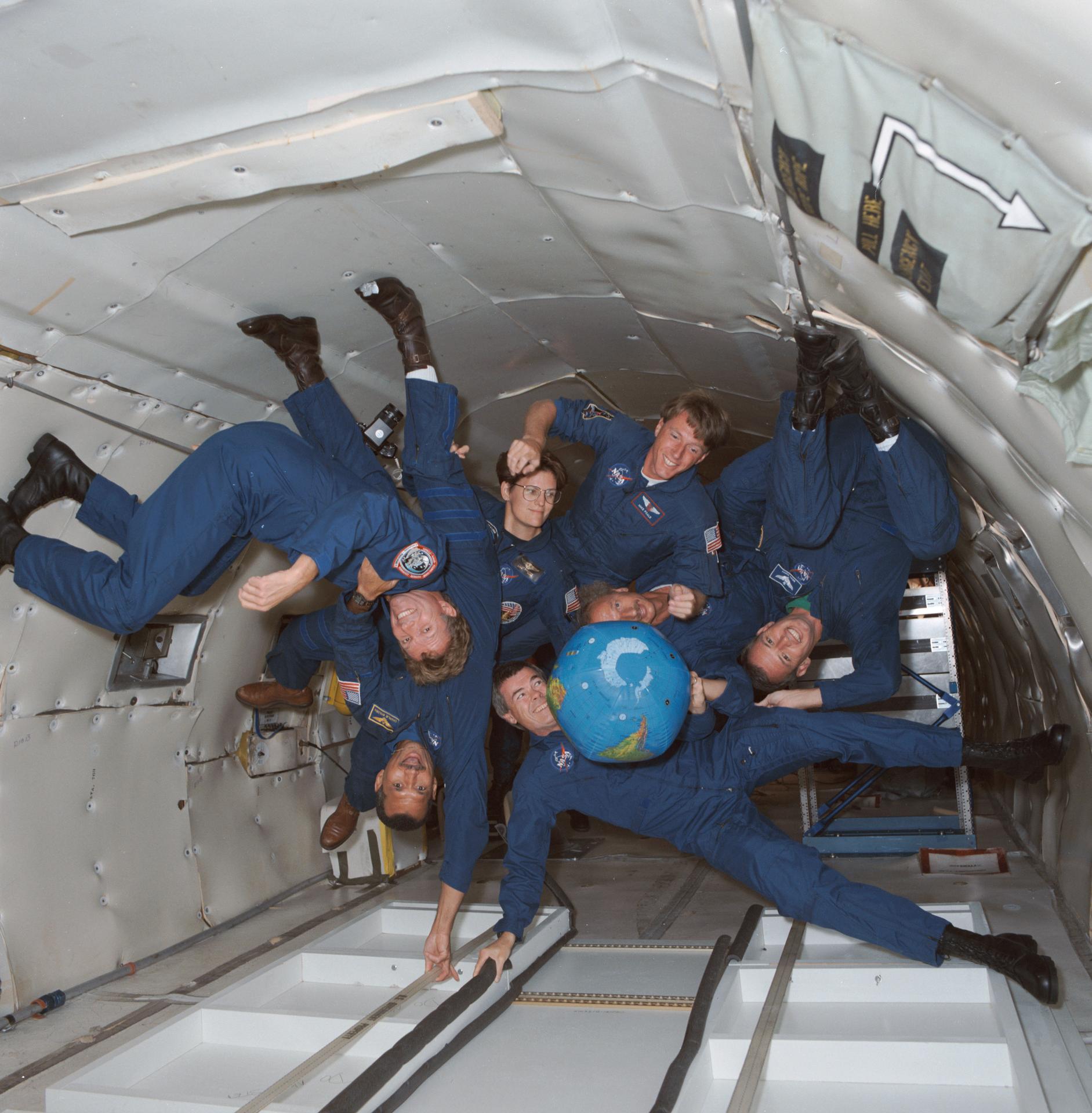
S91-44453 (21 Aug 1991) — The crew of STS-45 is already training for its March 1992 mission, including stints on the KC-135 zero-gravity-simulating aircraft. Shown with an inflatable globe are, clockwise from the top, C. Michael Foale, mission specialist; Dirk Frimout, payload specialist; Brian Duffy, pilot; Charles R. (Rick) Chappell, backup payload specialist; Charles F. Bolden, mission commander; Byron K. Lichtenberg, payload specialist; and Kathryn D. Sullivan, payload commander.
List View of Technical Briefs
Contact Us
Need further help with Human Health and Spaceflight Standards?
We will never share your email address.













